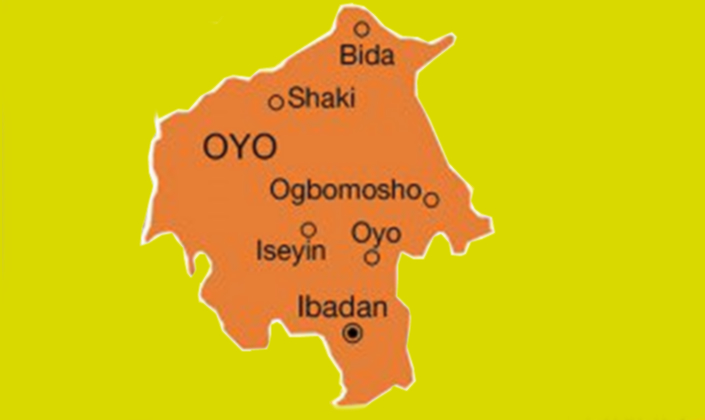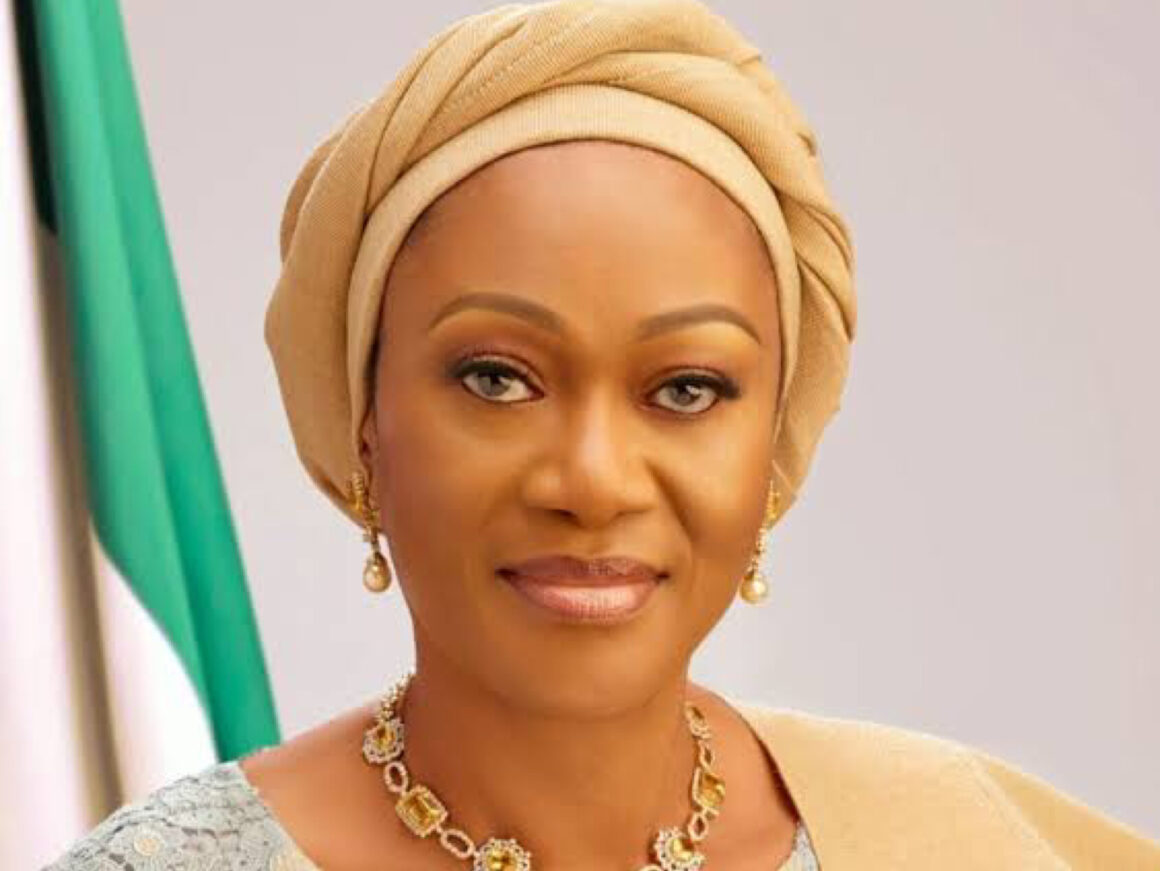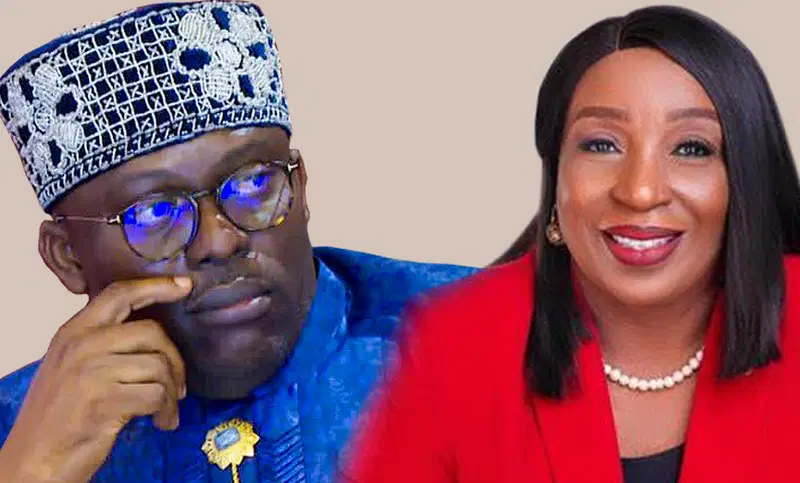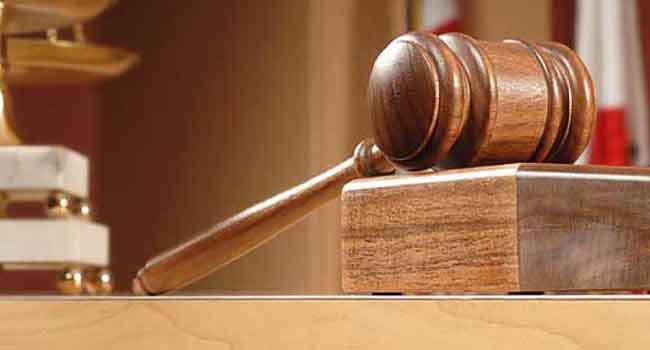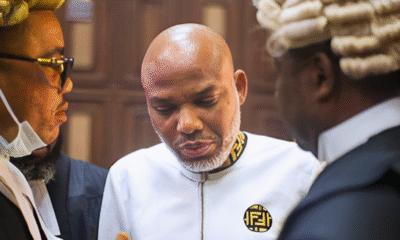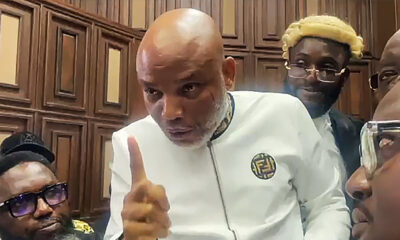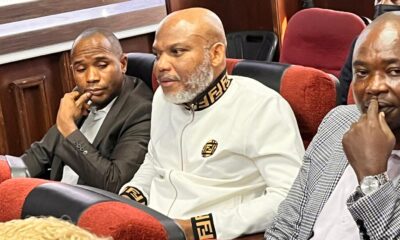News
Legal expert urges dialogue in Nnamdi Kanu’s case
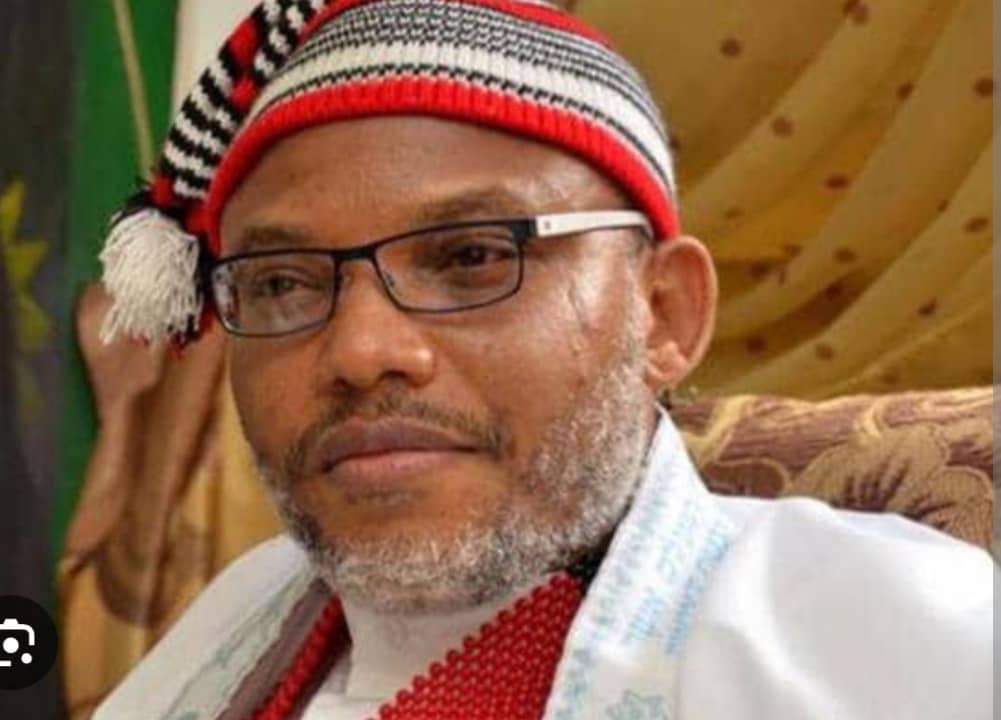
A human rights lawyer, Barrister Christopher Chidera, has called on the Nigerian government to prioritise dialogue and a peaceful resolution regarding the case of the detained leader of the Indigenous People of the Biafra (IPOB), Nnamdi Kanu.
In a statement issued at the weekend in Abuja, Chidera expressed concerns over the proposed fresh prosecution of Kanu, arguing that any attempt to prosecute him under the repealed Terrorism Prevention (Amendment) Act 2013 lacks legal standing and could raise procedural concerns.
The lawyer urged the administration of President Bola Tinubu to explore alternative dispute resolution mechanisms, warning that prolonged legal battles could further deepen tensions.
According to him, “Nigeria’s legal system must be seen as a pillar of fairness and justice. Proceeding with a fresh trial under a law that is no longer in force could set a concerning precedent and raise fundamental legal questions.”
He added that the application of Section 98(3) of the Terrorism Prevention and Prohibition Act 2022, which the prosecution reportedly relies on, does not provide sufficient grounds for reopening the case. “A de novo trial means a fresh proceeding, not a continuation of an existing one under an outdated legal framework,” he said.
The statement further highlighted reports that Mazi Kanu may assume his own defence in court on 21 March 2025, a move Chidera described as significant. “Kanu has demonstrated his ability to challenge the judicial process, having previously sought the recusal of Justice Binta Nyako and engaged the Chief Justice of Nigeria on concerns about fair trial rights,” he noted.
He emphasised that the case has drawn widespread interest and urged the government to ensure a fair and transparent judicial process while considering avenues for dialogue and reconciliation.
“The pursuit of justice should always be guided by principles of fairness, constitutional rights, and national stability. Political dissent and legal processes should not be at odds, but rather work together in fostering peace and unity,” the statement concluded.
By Jide Oyekunle
-

 News6 hours ago
News6 hours agoOpposition Reps raise alarm over alleged non-implementation of 2025 budget
-

 Business6 hours ago
Business6 hours agoCurrency outside Banks rises 10.2% as money supply expands
-

 World News6 hours ago
World News6 hours agoNigeria’s exports to Africa hits N4.82trn
-

 National News6 hours ago
National News6 hours agoClean Energy key to survival, healthy living — Remi Tinubu
-

 Metro6 hours ago
Metro6 hours agoPolice Inspector killed as officers rescue kidnap victim in Oyo
-

 News3 hours ago
News3 hours agoBREAKING: Soludo orders closure of Onitsha Main Market over sit-at-home defiance


